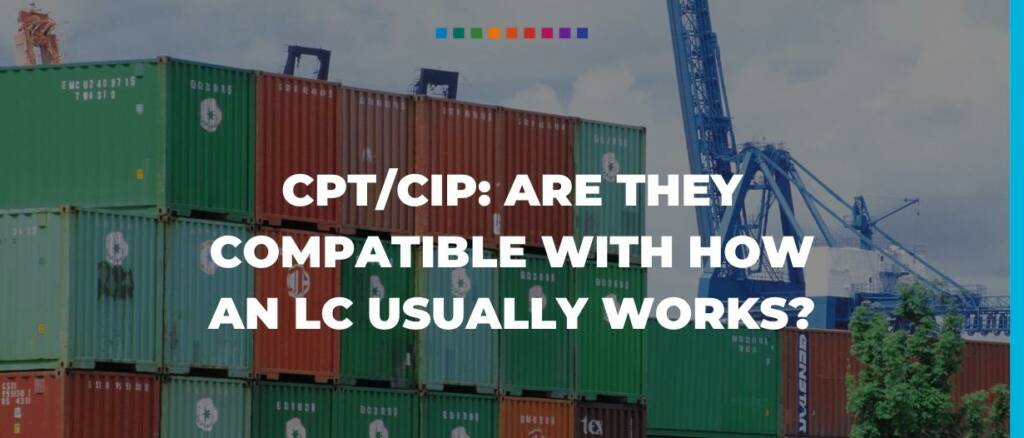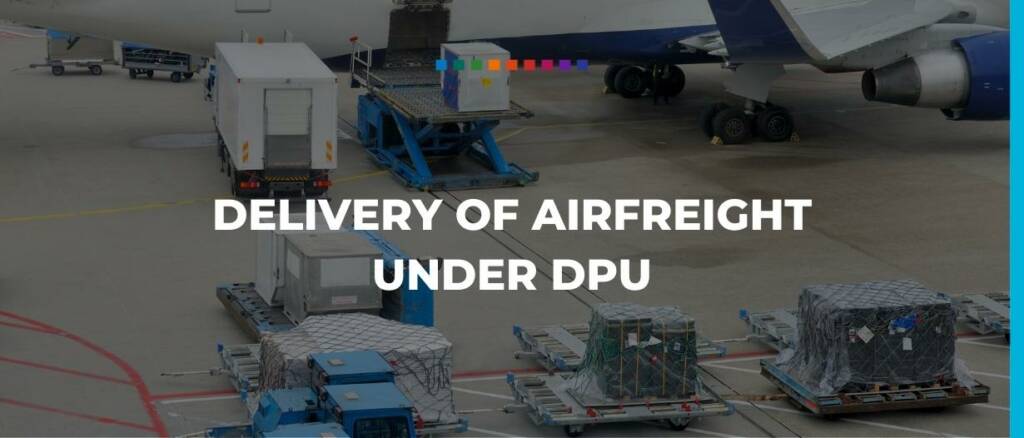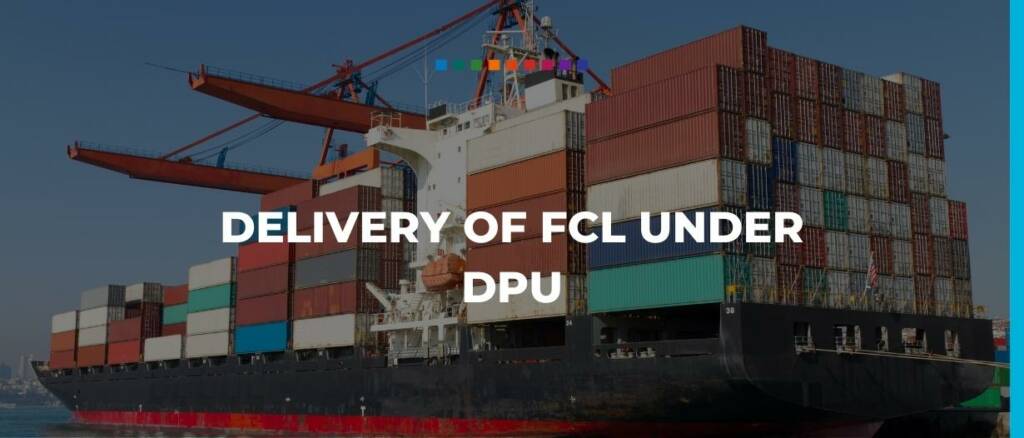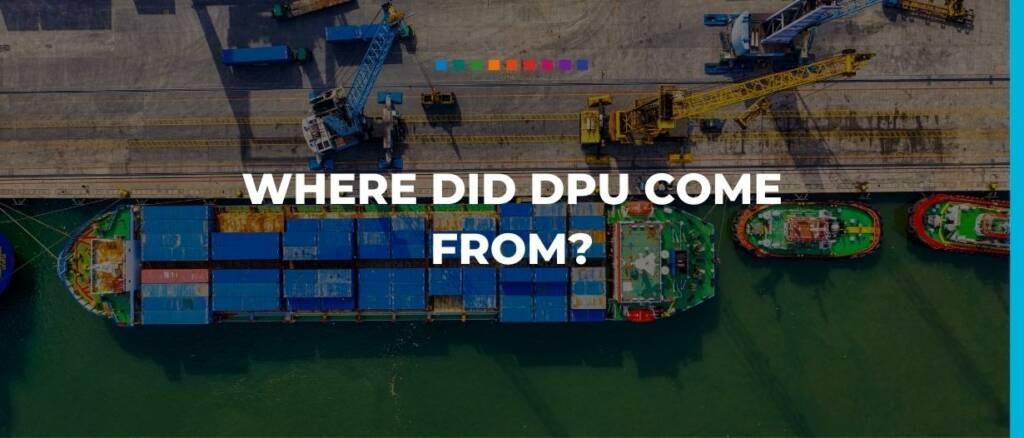In CPT/CIP, the seller’s obligation is to deliver the goods to its own carrier on the agreed date or within the agreed period. See my earlier post on delivery for CPT/CIP.
As with all eleven of the Incoterms 2020 rules, risk transfers from the seller to the buyer instantly at delivery. I explained a few days ago the variability of “delivery” which is not mentioned in the wording of these two rules, conveniently for the lawyers but most inconveniently for the actual traders and their logistics people.
When either of these two Incoterms 2020 rules are used, it is the destination place that is named. For example, CPT Santiago means that the seller has contracted for carriage to Santiago.
Assuming we are looking at the normal type of Letters of Credit with the latest shipment date, port/airport of loading, port or airport of destination and requirement to present an onboard B/L or an AWB, then the answer is “NO”.
As with all eleven of the Incoterms 2020 rules, article A1 tells us that the seller must provide the goods and the commercial invoice in conformity with the contract of sale and any other evidence of conformity that may be required by the contract.
With DPU Destination Airport for aifreight the goods are indeed unloaded from the aircraft at the airport as part of the seller’s contract of carriage.
With DPU Destination CFS for LCL the goods are indeed unloaded from the container at the CFS as part of the seller’s contract of carriage.
Delivery of the goods is “unloaded” by the seller at the destination place.
In Incoterms 2010 there was an interesting rule introduced at the last minute: DAT Delivered at Terminal. We assumed few were using DAT, and here’s how DPU came about.
The US and its Western allies have ramped up harsh economic sanctions against Russia, as it continues to attack Ukraine
























